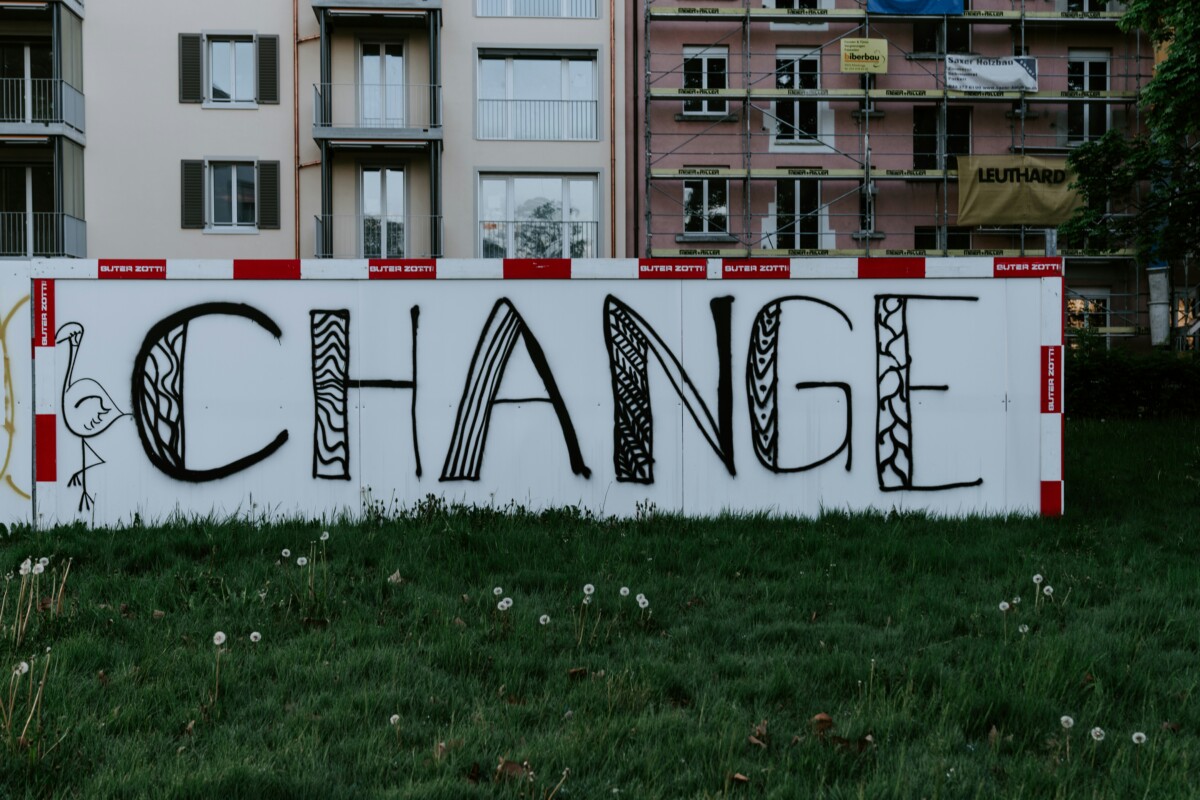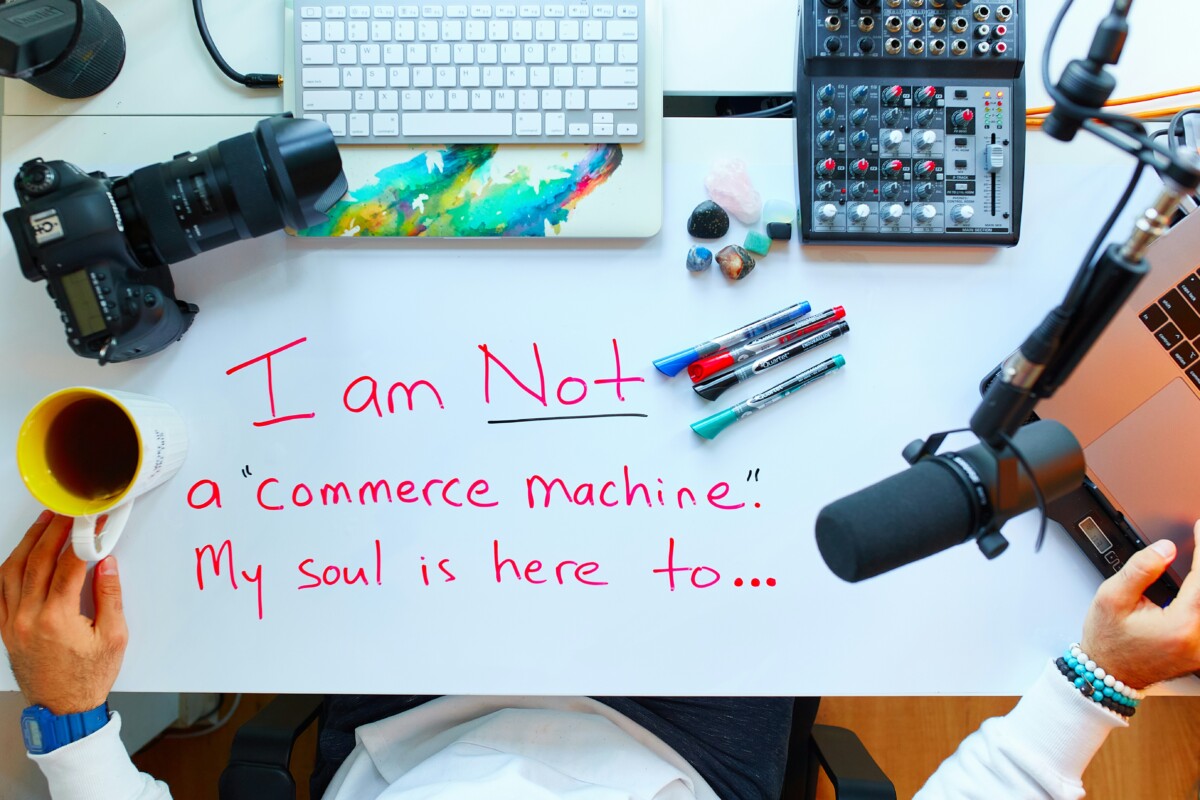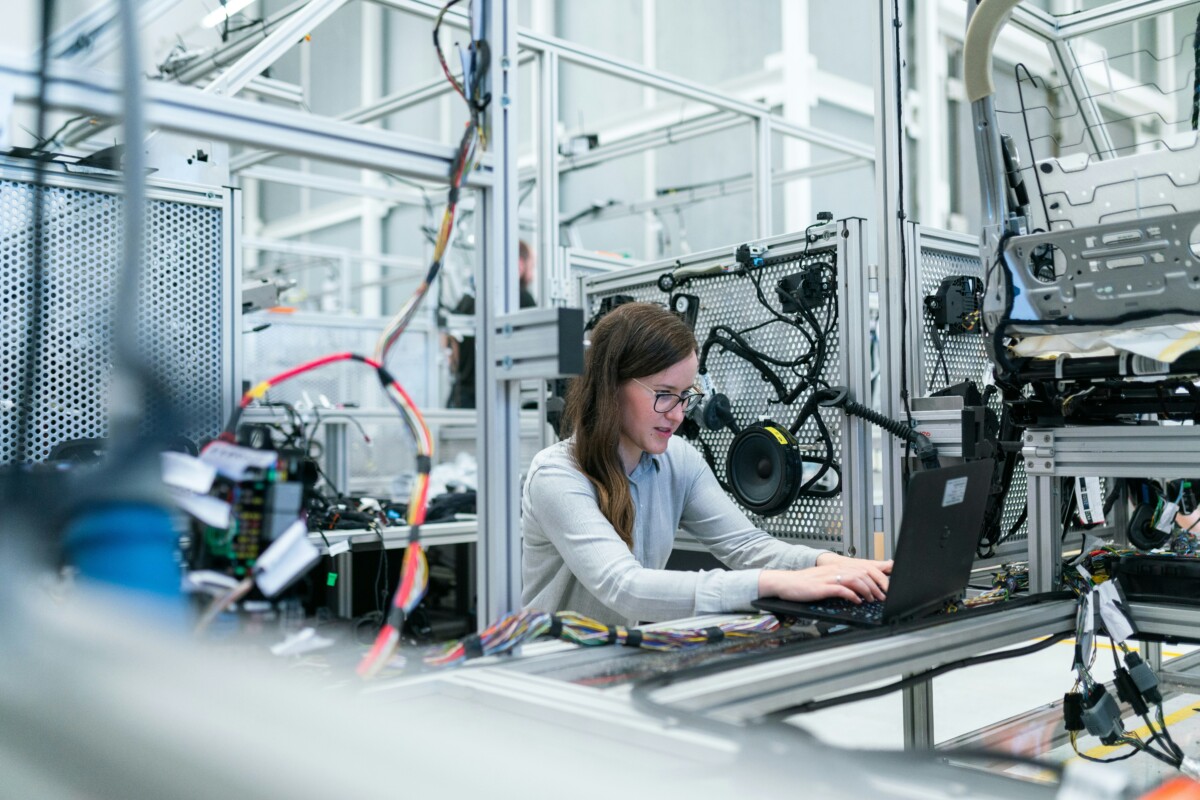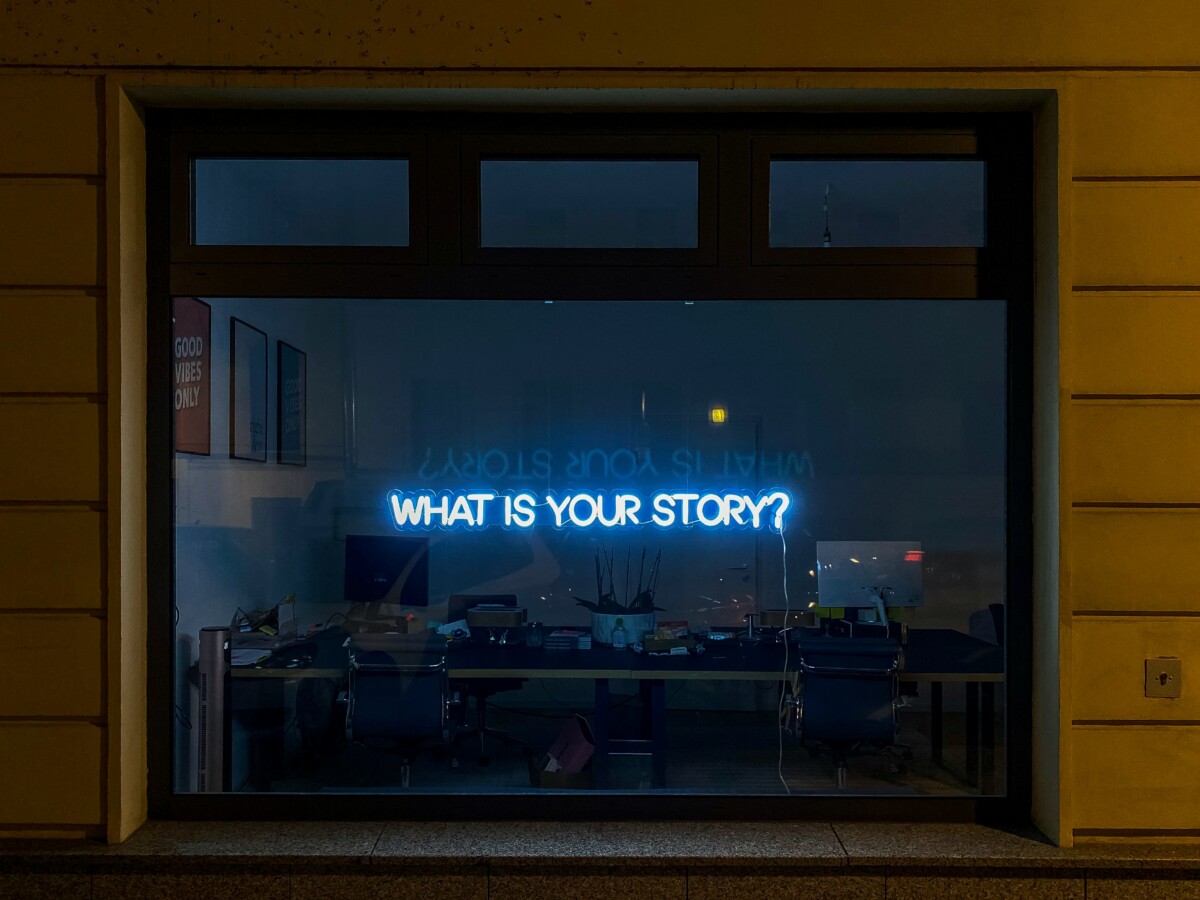What the ESG Backlash Really Means for Business
Listen to the full podcast episode on YouTube, Spotify, and Apple Podcasts.
From Certainty to Caution
Only a short time ago, ESG carried a sense of inevitability. Targets were announced. Frameworks multiplied. Public commitments became routine. Sustainability appeared embedded in corporate direction.
That certainty has since eroded. Political pressure has sharpened. Language once treated as neutral now carries risk.
Acronyms themselves have become contested. Some companies have softened how they speak. Others have fallen silent.
Yet the conditions that first drove sustainability have not eased. Supply chains remain exposed to water stress, land degradation, and labour instability. Climate risk continues to surface through insurance markets, regulation, and capital allocation. The contradiction is clear. The work persists, even as the confidence around it recedes.

A Career Built Inside Brands and Systems
Jonathan Hall is Managing Partner of Kantar’s Sustainable Transformation Practice. Over more than two decades, he has worked inside global brand and consulting organisations, observing how businesses respond to social and economic change.
Trained in modern languages at Oxford, Jonathan entered marketing through a fascination with culture and behaviour. His career took him across Europe and the United States, leading innovation, strategy, and consulting teams for multinational clients. Over time, sustainability moved from a peripheral concern to a central one in those conversations.
After returning to the UK, Jonathan chose to deepen his formal understanding of sustainability, completing postgraduate study at the Cambridge Institute for Sustainability Leadership. He then proposed the creation of a dedicated sustainability practice inside Kantar.
“I pitched the idea of launching a practice to the leadership,” Jonathan said.
“The exec signed that off, and very quickly we were off to the races.”
Launching Sustainability in a Crisis
The Sustainable Transformation Practice launched in March 2020, as the pandemic spread globally. The timing tested more than commercial viability. It tested whether sustainability inside a large organisation was a strategic commitment or a fair-weather initiative.
For Jonathan, the experience clarified what internal change requires.
“You are on amber alert all the time,” he said. “You’re constantly having to make the argument.”
Client demand proved decisive. Companies dependent on global supply chains were forced to confront fragility in real time. Sustainability ceased to be abstract. It became operational, material, and immediate.

What the Practice Does Now
Jonathan now leads Kantar’s Sustainable Transformation Practice, integrating sustainability into consumer insight, brand strategy, and organisational decision making. The work focuses on how people relate to brands not only as consumers, but also as citizens and employees.
Alongside client work, Jonathan advises academic institutions at Oxford and Cambridge, sits on the board of the water charity Water Unite, and works with global industry bodies. Across these roles, his view is consistent. Sustainability cannot remain a specialist function. It must operate horizontally across organisations.
Why Commitment Has Gone Quiet
Jonathan does not dismiss the ESG backlash. In his experience, a minority of companies are genuinely stepping back. These tend to be organisations whose commitments were fragile to begin with. At the other end, a smaller group is accelerating, treating sustainability as a source of long-term growth and competitive advantage.
Most companies sit in between. They continue investing, but speak less publicly about it.
“The language has changed,” Jonathan said. “Moving from morality and values to materiality, resilience, and being future fit.”
This shift reflects caution, but also maturity. Sustainability is increasingly framed as a business discipline rather than a moral position.
The deeper problem, Jonathan argues, lies in how sustainability has been communicated beyond specialist audiences. Technical terms, acronyms, and distant metrics have failed to build broader legitimacy. Meanwhile, opponents have framed powerful counter-narratives around cost, risk, and personal impact.
“When things come into my world,” he said, “that’s when behaviour changes.”
What the Backlash Is Really Testing
Jonathan is sceptical of incremental fixes. The pressures facing business are systemic, affecting insurance markets, infrastructure, regulation, and trust. Addressing them will require new business models, closer collaboration with government, and leaders willing to accept risk.
“We don’t have time for tinkering around the edges,” Jonathan said. “Systems will need to change fundamentally.”
The ESG backlash, in that sense, is not the end of corporate sustainability. It is a test of whether businesses are prepared to move beyond slogans and treat responsibility as a core operating reality.
Sponsored by...
truMRK: Communications You Can Trust
👉 Learn how truMRK helps organisations strengthen the credibility of their communications.
Want to be a guest on our show?
Contact Us.
The Responsible Edge Podcast
Queensgate House
48 Queen Street
Exeter
Devon
EX4 3SR
Recognition.
Join 2,500+ professionals.
Exploring how to build trust, lead responsibly, and grow with integrity. Get the latest episodes and exclusive insights direct to your inbox.
© 2025. The Responsible Edge Podcast. All rights reserved.
The Responsible Edge Podcast® is a registered trademark.
Sponsored by truMRK
© 2025. The Responsible Edge Podcast











